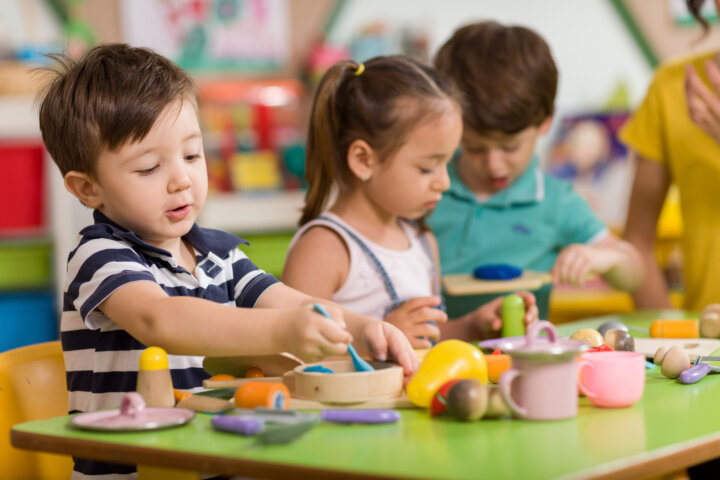Naturvetenskap möter etik: En klassrumsstudie av elevers diskussioner om samhällsfrågor relaterade till bioteknik
Birgitta Berne har i sin avhandling studerat hur eleverna i en högstadieklass argumenterar före och efter att de i grupp diskuterat kontroversiella samhällsfrågor från forskningsfronten i bioteknik. Hur hanterar eleverna etiska frågor i den naturvetenskapliga undervisningen?
Birgitta Berne
Professor Åke Ingerman
Professor Doris Jorde, Universitetet i Oslo
Göteborgs universitet
2015-06-05
Naturvetenskap möter etik: En klassrumsstudie av elevers diskussioner om samhällsfrågor relaterade till bioteknik
Science meets Ethics: A class-based study of students’ discussions concerning social issues related to biotechnology.
Institutionen för didaktik och pedagogisk profession
Science meets Ethics: A class-based study of students’ discussions concerning social issues related to biotechnology.
The aim of this thesis is to contribute to increased understanding of students’ learning from discussing different socio-scientific issues in connection to biotechnology. In the international literature there is a call for ethical issues to be incorporated within school science education. The rapid rate of development in science and technology, particularly biotechnology, with an increasing need to consider the ethical implications from these applications is the main reason behind this call.
In being a teacher-researcher I could design the teaching as an integrated part of the research design, thus the teaching could be understood as an intervention based on previous research in argumentation, SSI and science education. My theoretical lens was that learning involves a passage from the social context to individual understanding, which means that new ideas must be rehearsed between people and talked through. Hence, the teaching was based on students discussing different SSIs in connection to biotechnology in peer groups. Data collection involved students’ individually written arguments from before, during and after the intervention, along with students’ own video-recordings from the peer discussions.
My study shows that many students, after the intervention, intertwine ethical aspects and scientific concepts into their arguments. Furthermore, besides describing the societal and longer term consequences of the issues, the students question aspects of right and wrong, and consider who might have the opportunity to use new technology. Students’ capacity to give more reflective arguments appears to be connected to the support the students give each other in the peer discussions.
Many students report that they can relate the issues discussed in school to issues discussed in society outside school. Thus, the study demonstrates how students, assisted through the intervention, gain the opportunity to become reflective and scientific literate citizens. Therefore, the study shows the importance of introducing peer discussions and debates about different SSIs into school science.
Relaterade länkar

Svenska som andraspråk
 Åk F–Vux
Åk F–Vux
När leken inte fungerar
 Fsk
Fsk


